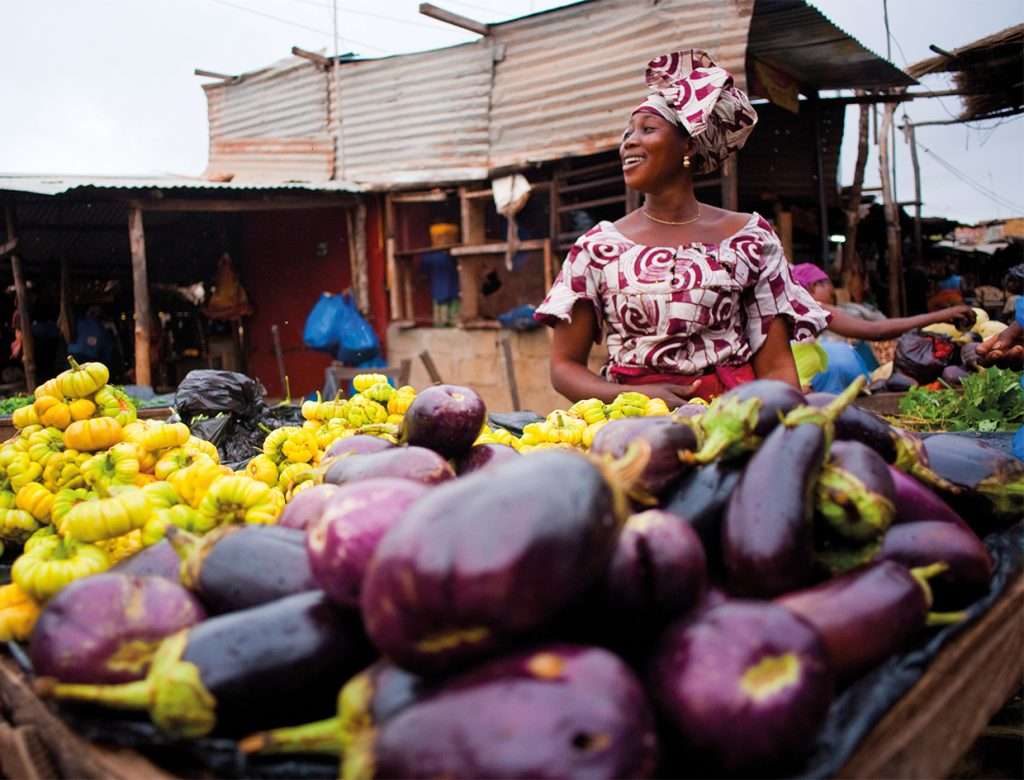Access to finance is a crucial factor in driving economic growth and empowering entrepreneurs. In Africa’s informal economy, where a significant portion of economic activities takes place, understanding the financial landscape and the challenges faced by informal entrepreneurs is vital. In this data-driven blog post, we explore the topic of financial inclusion within Africa’s informal economy. Through data analysis, research, and case studies, we aim to unveil the access to finance among informal entrepreneurs and highlight innovative solutions that promote financial inclusion.
The Financial Landscape of Africa’s Informal Economy: Africa’s informal economy operates largely outside formal financial systems, with many informal entrepreneurs lacking access to traditional banking services. Informal businesses often face challenges in accessing credit, savings accounts, insurance, and other financial products and services. Understanding these barriers is crucial for promoting financial inclusion and empowering informal entrepreneurs.
Challenges Faced by Informal Entrepreneurs: Several factors contribute to the limited access to finance within the informal economy. These include a lack of collateral, limited financial documentation, low financial literacy, and regulatory barriers. Financial institutions often consider informal businesses as high-risk clients, leading to limited support and exclusion from formal financial systems. These challenges hinder the growth and development of informal businesses and limit their potential for expansion.
Microfinance and Innovative Solutions: Microfinance initiatives have played a significant role in addressing the financial inclusion gap in the informal economy. Microfinance institutions (MFIs) provide tailored financial services to informal entrepreneurs, including microloans, savings accounts, and insurance products. These initiatives leverage innovative approaches, such as group lending and mobile banking, to reach underserved populations and overcome traditional barriers.
Success Stories of Financial Inclusion: Across Africa, there are inspiring success stories that highlight the transformative power of financial inclusion for informal entrepreneurs. Case studies of microfinance programs and digital financial platforms showcase how access to finance can empower entrepreneurs, stimulate business growth, and improve livelihoods. These stories underscore the importance of innovative financial solutions that cater specifically to the needs of informal businesses.
Building a Supportive Ecosystem: To promote financial inclusion in Africa’s informal economy, it is crucial to foster a supportive ecosystem. This includes providing financial literacy training, encouraging partnerships between MFIs and informal businesses, and simplifying regulatory frameworks. Governments, financial institutions, and development organizations play a vital role in creating an enabling environment that supports and recognizes the financial needs of informal entrepreneurs.
Conclusion: Promoting financial inclusion within Africa’s informal economy is essential for unlocking the potential of informal entrepreneurs and driving economic growth. By understanding the challenges faced by informal businesses in accessing finance, we can develop innovative solutions that bridge the gap and provide tailored financial services. Through the expansion of microfinance initiatives, the adoption of digital financial technologies, and supportive policy frameworks, we can foster an inclusive financial ecosystem that empowers informal entrepreneurs and promotes sustainable economic development across Africa.


